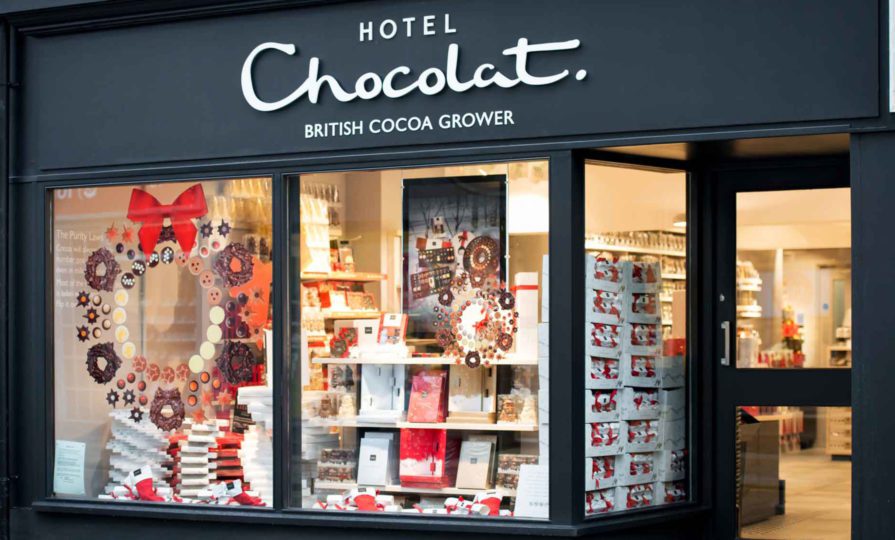Hotel Chocolat is in a bad way – but so are other chocolatiers
Despite the UK being responsible for one in eight Easter-related chocolate launches, Hotel Chocolat revealed a disappointing profit guidance, while other smaller chocolatiers are also struggling to turn a profit

Over the course of Easter 2023, the UK was responsible for one in eight Easter-related chocolate launches, according to research from Mintel’s Global New Products Database (GNPD), while seasonal Easter chocolate products also saw a 19% rise over the past 12 months.



